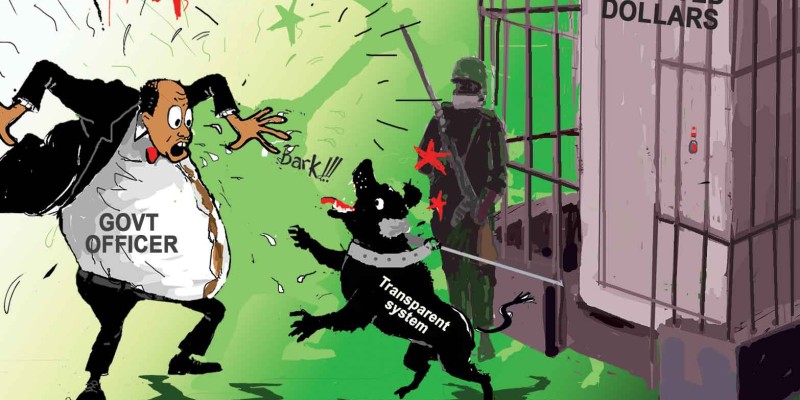A new report has shown that with the increases in investment in crypto currencies and crypto markets, there has been a significant rise in crypto scams and thefts, as over $10 billion was lost globally in 2021 to such crime. The "Crypto Hacks & Scams Report 2021" by Crystal Blockchain, a firm involved in investigative analytics for block chain and crypto currencies published the report on Tuesday. According to the reports, crypto scams and thefts on the platform rise by 80 percent rise in 2021.
The latest report said the crypto currency markets had seen a volatile 2021, starting with a strong rally that took some prices to all-time highs over the spring before they crashed in May and attempted a recovery over the summer. The report revealed that there were 115 security attacks, 40 attacks on DeFi protocols, and 26 fraudulent schemes as of December 17, 2021, which resulted in the theft of approximately $10 billion worth of crypto assets in the year. The Crystal database showed that over a third, or 39 percent of all stolen funds (in Bitcoin or BTC) were distributed via fraudulent exchanges, which are defined as having been involved in exit scams, some illegal behaviour, or that have had funds seized by the government.
Exit scams involve a crypto currency profiting from early investors by "pulling out" all their funds from the market. Amid the growing uncertainty due to the COVID-19 pandemic, crypto currencies, liked Bitcoin and Ethereum, gained significant fame among investors Investment in the crypto market has been growing across the globe, with the crypto currency market size expected to grow from $1.6 billion in 2021 to $2.2 billion by 2026, at a compounded annual growth rate (CAGR) of 7.1 percent, based on a report released in April 2021 by Markets and Markets Research, a market research firm. According to the report, many countries, even banks have started buying cryptos. It added that banks in the United States of America were creating their own block chain-based systems, including digital currencies, to enable B2B crypto-currency payments between their customers.
Bitcoin jumped to a new high in November but took a bearish turn in December, defying predictions that it would continue to make gains. Nigeria's Central Bank had banned banks and other key players in the financial sector from crypto currency transactions. Despite the CBN ban, Nigeria was rated the second country most interested in bitcoin after El Salvador, notwithstanding the difficulty in accessing the trillion-dollar crypto in the country. South Africa and Kenya were identified as two other top markets for crypto currency on the continent.
Global Financial digest









